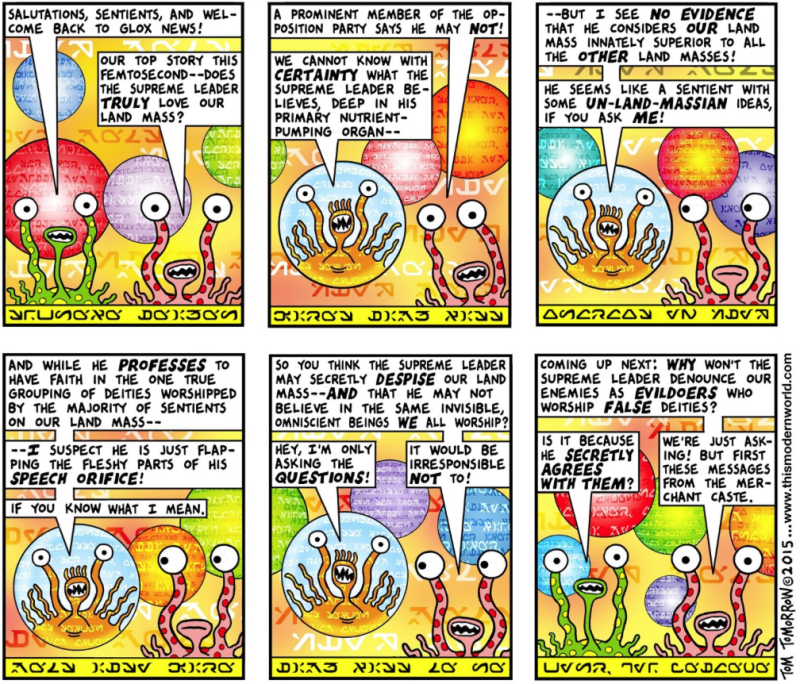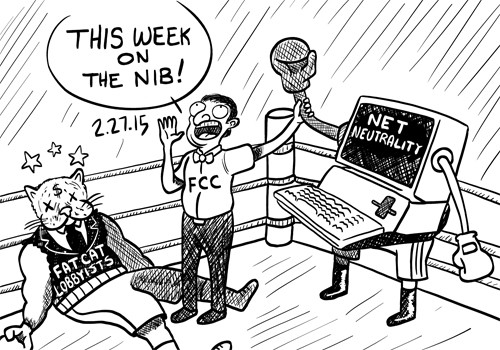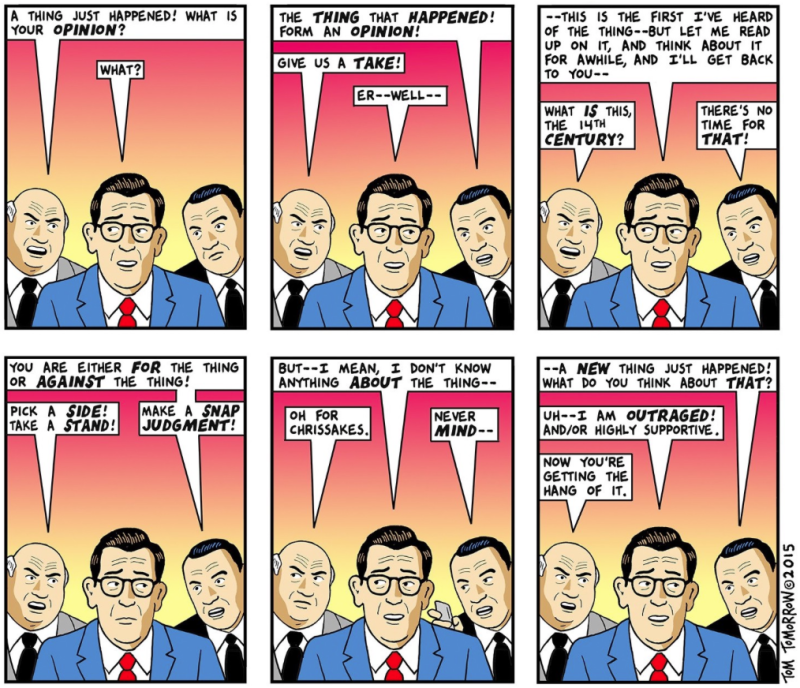“New Defense Secretary Ashton Carter said that he is open to letting transgender people serve in the military. He said there’s no reason to prevent people from being generals just because of their privates.” – Jimmy Fallon
“Alaska today officially legalized marijuana for recreational use. I think they did this years ago. That’s how the Palin kids ended up with those names, right?” – Jimmy Kimmel
“New research shows marijuana is by far the least dangerous recreational drug. Studies have shown again and again that it leads to virtually no recreation. That’s how safe it is.” – Seth Meyers
“Alaska does have some special rules. You’re not allowed to smoke marijuana in public, and you have to follow special disposal rules. You can’t just throw a joint in the trash. The last thing you want is a grizzly with the munchies.” – Jimmy Kimmel
“Boston’s city council is considering increasing its alcohol tax. The plan would raise an estimated $900 million billion trillion.” – Seth Meyers
“The White House announced that many Obamacare customers got the wrong tax information and may have to refile their taxes this year. It’s pretty inconvenient — mainly just remembering what you lied about the first time you filed your taxes.” – Jimmy Fallon
“A new CBS News poll shows Chris Christie is ranked ninth out of all Republican presidential candidates. He’s just behind Bobby Jindal and just ahead of a gun wearing a cowboy hat.” – Seth Meyers




